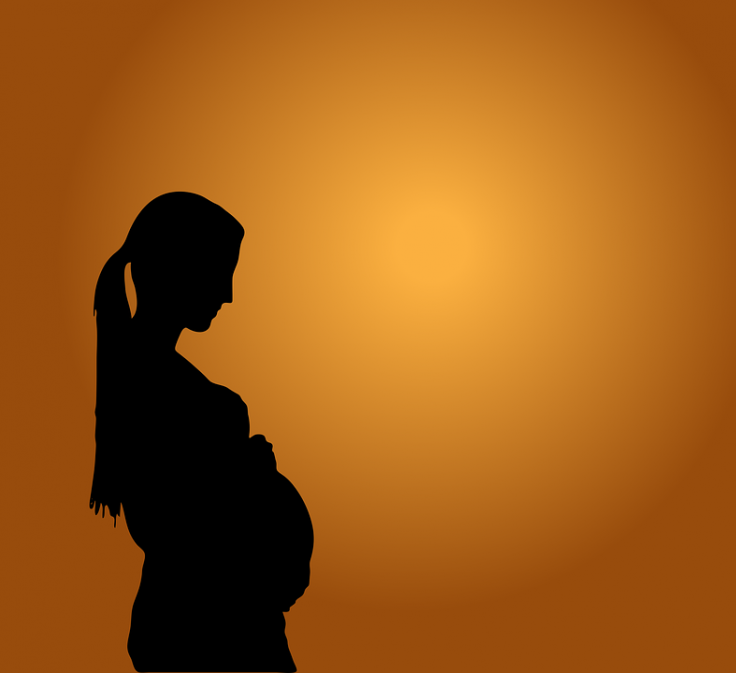Though commercial adoption of children is a serious crime in the Philippines, recent developments have shown that social media sites are facilitating the practice. The commercial adoption black market that trafficks infants and children has spread widely to the online arena in recent times, reports have pointed out.
The trade has been active in Southeast Asia and East Asia for decades and has gained a considerable amount of attention because of the difficulty in catching the people behind the trade. Today, a simple google search could give a number of hits for several Facebook pages that have details about children who are up for 'adoption'.
There have been several instances where couples from the Philippines and other southeast Asian countries were arrested while trying to sell their babies. Studies about the illegal adoption procedure suggest that most of the parents who are trying to sell their babies come from a difficult situation where they can't provide for their offspring.
Facebook the emerging market place

The trade happens behind fake accounts and the anonymity of the internet. In the report by Channel News Asia, a young woman shared her story of why she was giving her child up for adoption. For 21-year-old Dalisay from the Philippines, the child was unplanned and she knows that she can't support the baby once he is born. Dalisay and her husband would struggle under the pressure of taking care of a child.
Several adoptions happen when women from the slum regions are not able to take care of the child. Children out of wedlock are also put for adoption. Most of the women end up selling the child instead of placing the child under a proper facility. Women, through their fake accounts, deal with the basic details of the adoption with the brokers and then arrange for the transaction to happen.
Loosely regulated platform
The loosely regulated platform is also known for trafficking children for other purposes. The National Bureau of Investigation (NBI) in the Philippines, a leading agency in the national fight against the illicit trade, believes that the commercial adoption has been going on in the country for at least two decades.
The recent expansion to the internet is also a concerning factor. Last year, the team of experts was able to capture several culprits after they received a tip-off about a trade that was happening in a department store. The sale was supposed to happen at $200. The price of an infant can range from US$ 100 to US$ 1,000.
Commercial adoption is seen as a crime in the Philippines. It is legally seen as child trafficking. A person can be charged with life imprisonment and a fine of US$40,000-US$99,000. The advertisement on Facebook can also be treated as an attempt to traffick a child.
Is there an alternative for the women?
It is a criminal offense to abort in the Philippines. A law that has existed since the colonial period has led to the death of at least 1,000 women in the year 2008. Doctors or midwives who perform the abortion can be jailed up to six years in prison.
Several Asian countries have strict adoption procedures to combat illegal and commercial adoption. The strict requirement is often criticized as lengthy and ineffective. Often times it is the lengthy procedure that has led to the people turning towards alternative procedures to get a baby.








